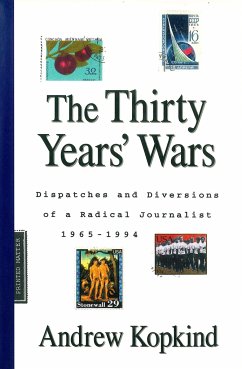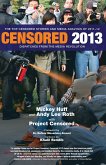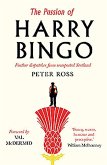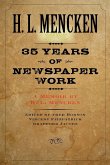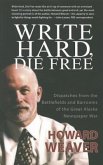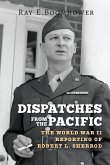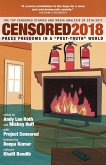The Thirty Years' Wars explores the limits of liberalism even as it exposes the fault lines of reaction and offers a clarifying view of the contours of revolutionary aspirations. Pull at one thread and there is the cord that stretches from Johnson to Nixon, from Carter to Reagan to Clinton. Pull at another and there are the hopes of rebels from Chicago to Chiapas. Kopkind never condescends - not to those whom liberals love to call victims, and not to Reagan's children. Nor does he ghettoize his subjects. In the mix we get street-fighting and Woodstock, state terror and Olympic spectacle, Christian soldiers and gay soldiers, blue collars, red banners and some white flags. Life as it is experienced. As a gay man whose theme was always, in one way or another, the contest between freedom and chains, Kopkind well understood that there is no pure realm of the personal. History kicks up fights and carnivals both - you'd best get in it.
